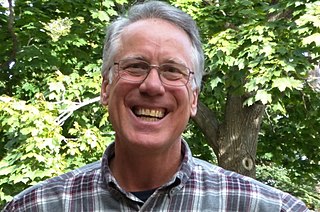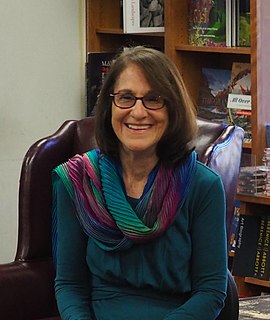A Quote by Ernest Sosa
Suppose we wonder whether we should trust the deliverances of our basic epistemic competences. If those are indeed our basic competences, then in order properly to satisfy our curiosity we will inevitably rely on one or more of them. So, either we squelch our curiosity or we will have to fall into the circularity or regress to which the skeptic objects.
Related Quotes
I think the problem is these basic sort of human values from our - from the beginning, from birth, are not sort of properly nurtured. So then our mind, our brain, through education and also difference of experiences, that eventually, these basic values or what are called dominant, not have the catching up our intelligence, experience growth, that also should grow. Then our life become more human.
We can pursue the Cartesian project without restricting ourselves to theology and a priori faculties. A better, broader perspective is properly sought if we pursue the project with reliance on science broadly and on our full span of epistemic competences, including the empirical as well as the a priori.
More fundamental than religion is our basic human spirituality. We have a basic human disposition towards love, kindness and affection, irrespective of whether we have a religious framework or not. When we nurture this most basic human resource - when we set about cultivating those basic inner values which we all appreciate in others, then we start to live spiritually.
Undoubtedly we have no questions to ask which are unanswerable. We must trust the perfection of the creation so far, as to believe that whatever curiosity the order of things has awakened in our minds, the order of things can satisfy. Every man's condition is a solution in hieroglyphic to those inquiries he would put. He acts it as life, before he apprehends it as truth.
My deeply held belief is that if a god of anything like the traditional sort exists, our curiosity and intelligence are provided by such a god. We would be unappreciative of those gifts (as well as unable to take such a course of action) if we suppressed our passion to explore the universe and ourselves. On the other hand, if such a traditional god does not exist, our curiosity and our intelligence are the essential tools for managing our survival. In either case, the enterprise of knowledge is consistent with both science and religion, and is essential for the welfare of the human species.
It is possible to be honest every day. It is possible to live so that others can trust us-can trust our words, our motives, and our actions. Our examples are vital to those who sit at our feet as well as those who watch from a distance. Our own constant self-improvement will become as a polar star to those within our individual spheres of influence. They will remember longer what they saw in us than what they heard from us. Our attitude, our point of view, can make a tremendous difference.
The Great Story of our immense journey contains crucial lessons for guiding humanity safely through the dangers and confusions evident today. This grand epic will propel us forward in a spirit of expectant curiosity. We will place our trust not only in the Whole but also in our own species' capacity to serve as the vessel through which the evolutionary impulse is most active at this time.
It seemed an advantage to be traveling alone. Our responses to the world are crucially moulded by the company we keep, for we temper our curiosity to fit in with the expectations of others...Being closely observed by a companion can also inhibit our observation of others; then, too, we may become caught up in adjusting ourselves to the companion's questions and remarks, or feel the need to make ourselves seem more normal than is good for our curiosity.
We are afraid that our adult sexuality will somehow damage our kids, that it’s inappropriate or dangerous. But whom are we protecting? Children who see their primary caregivers at ease expressing their affection (discreetly, within appropriate boundaries) are more likely to embrace sexuality with the healthy combination of respect, responsibility, and curiosity it deserves. By censoring our sexuality, curbing our desires, or renouncing them altogether, we hand our inhibitions intact to the next generation.
I think basic disease care access and basic access to health care is a human right. If we need a constitutional amendment to put it in the Bill of Rights, then that's what we ought to do. Nobody with a conscience would leave the victim of a shark attack to bleed while we figure out whether or not they could pay for care. That tells us that at some level, health care access is a basic human right. Our system should be aligned so that our policies match our morality. Then within that system where everybody has access, we need to incentivize prevention, both for the patient and the provider.






































